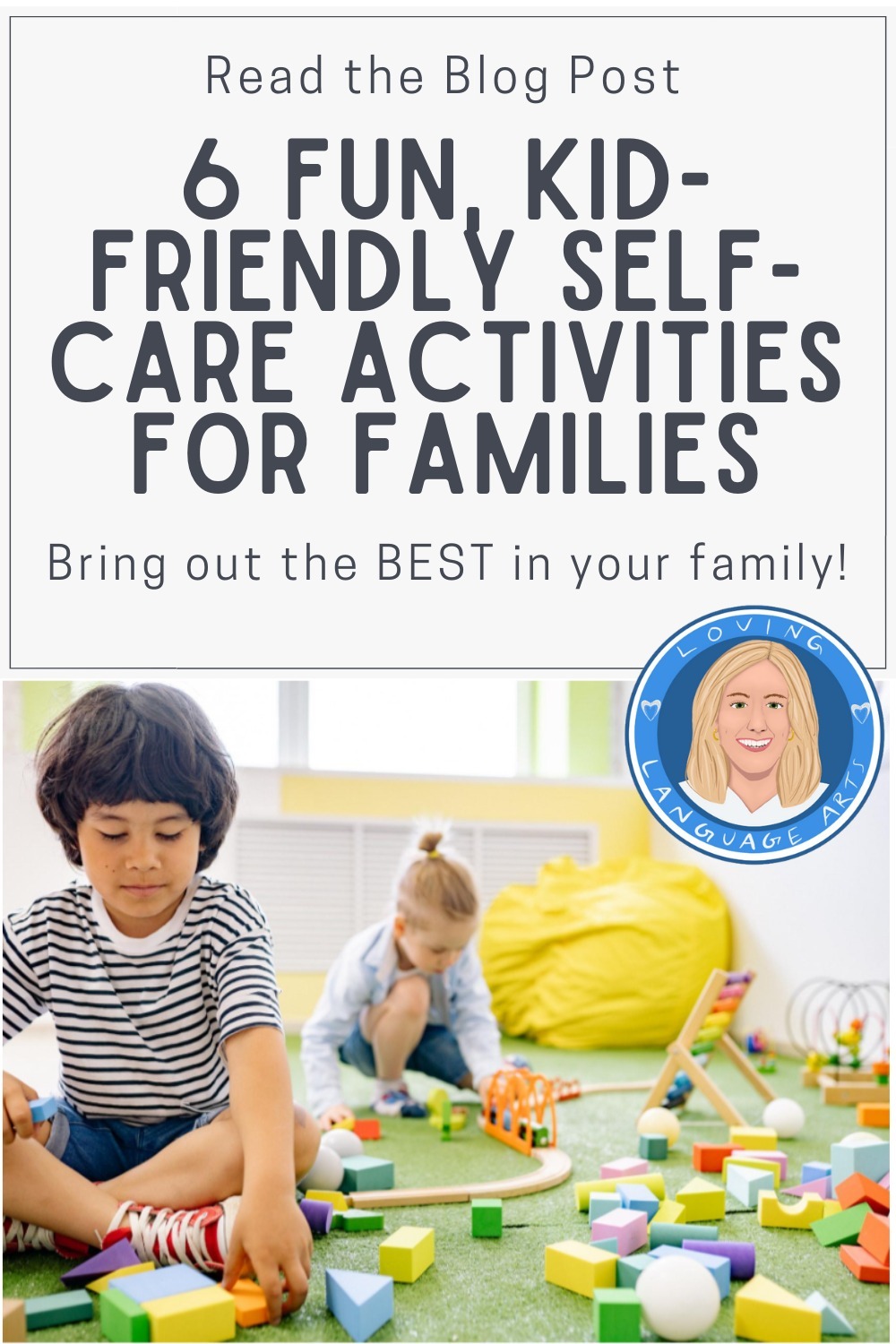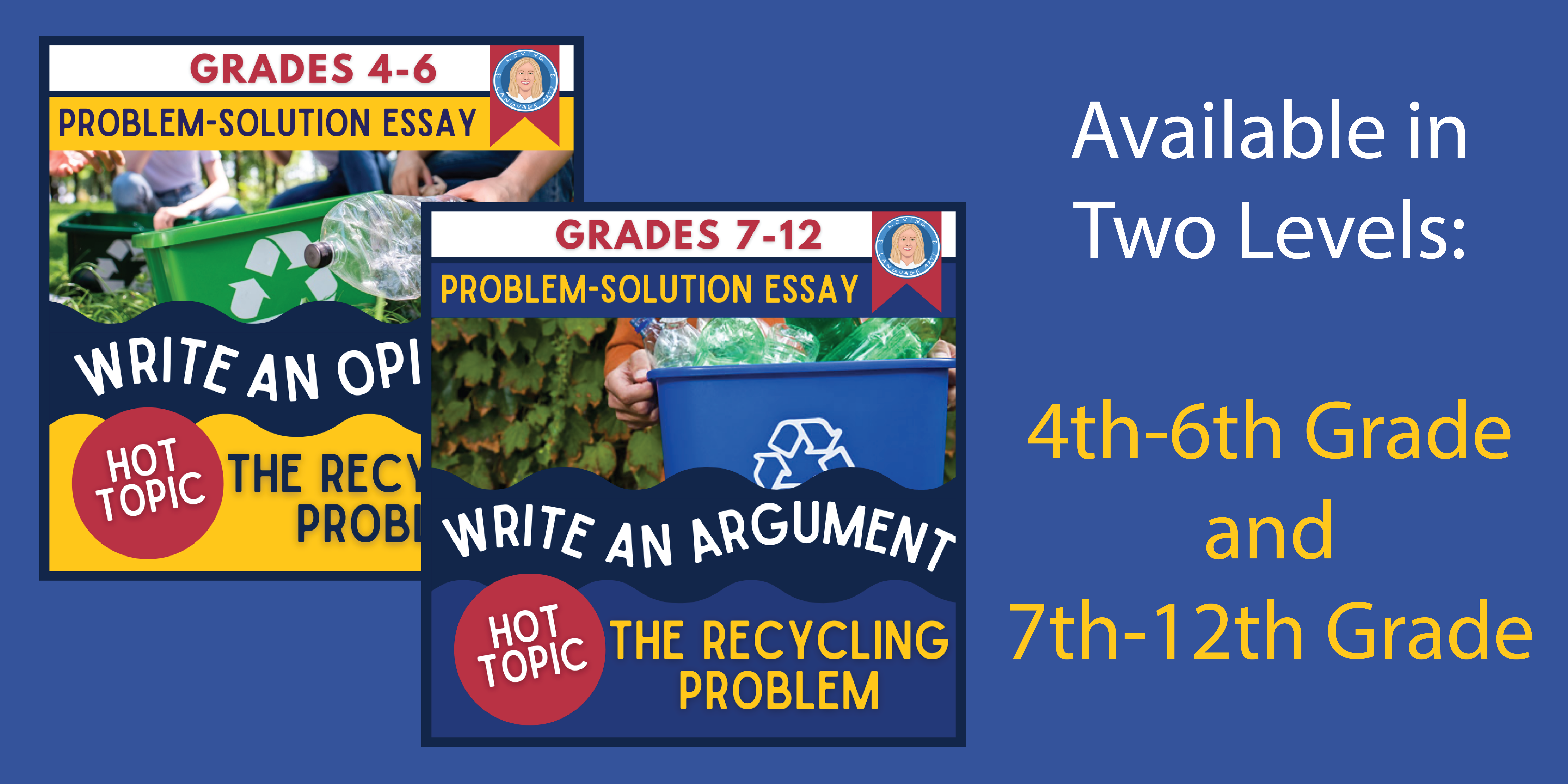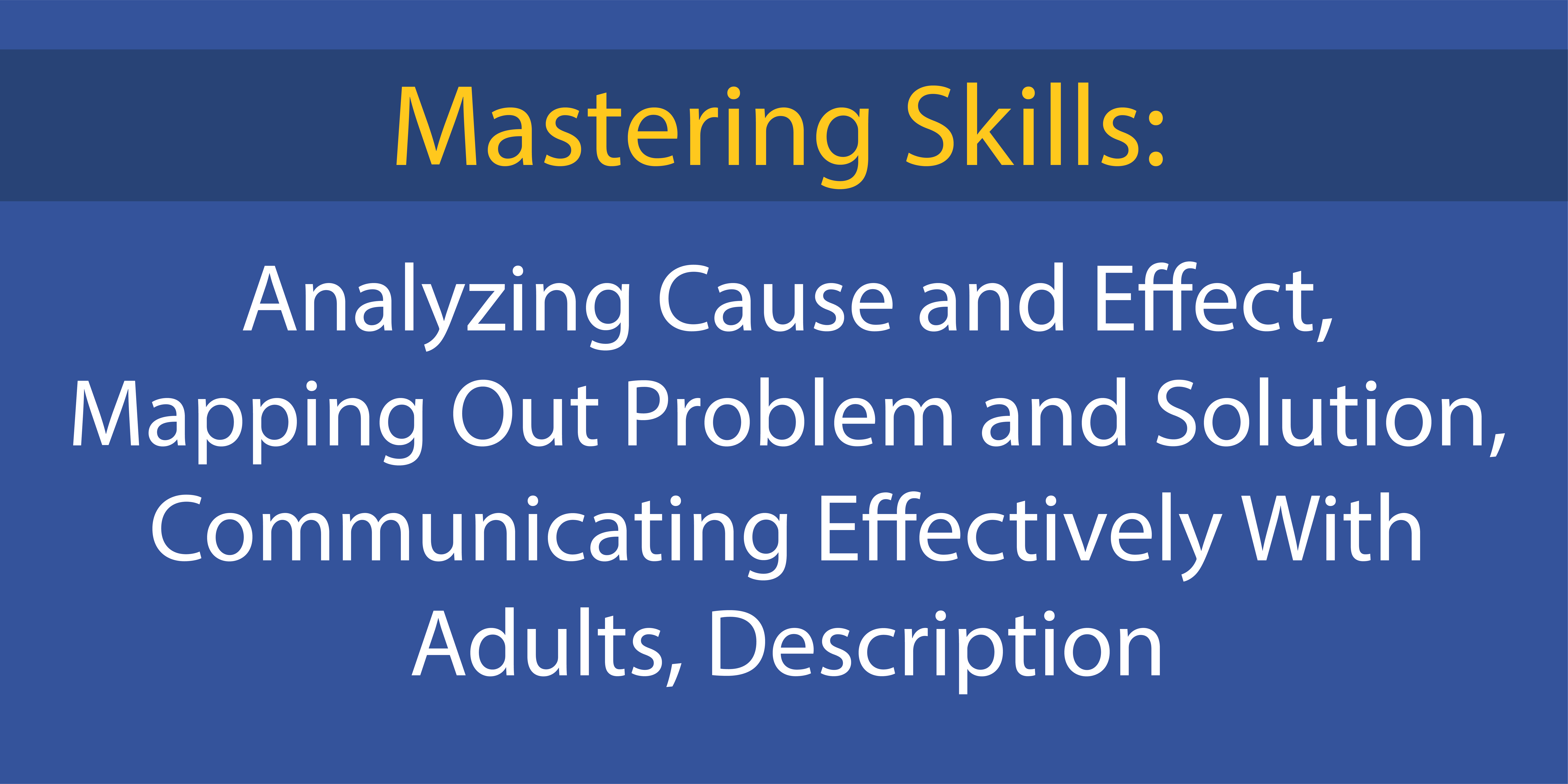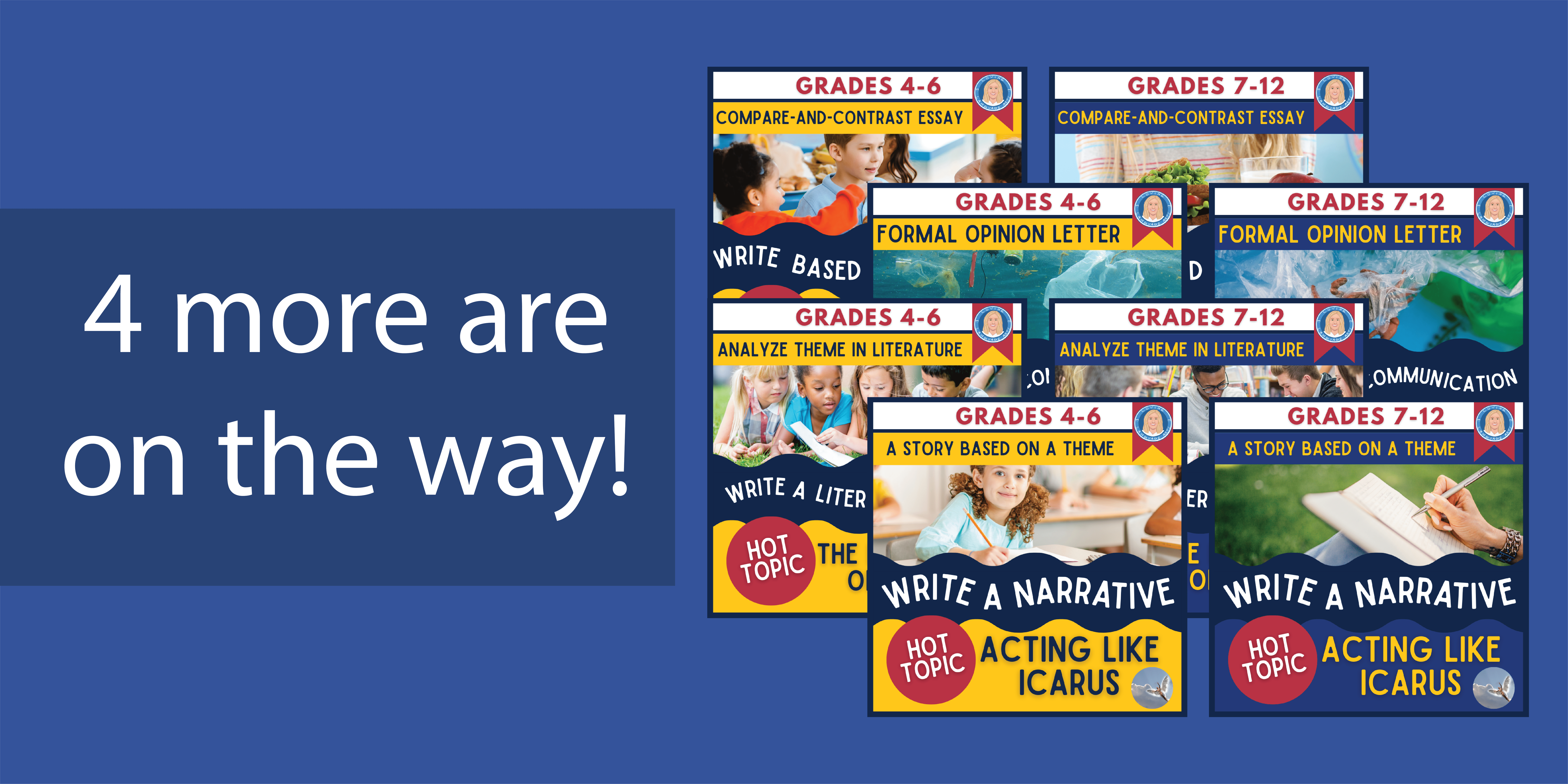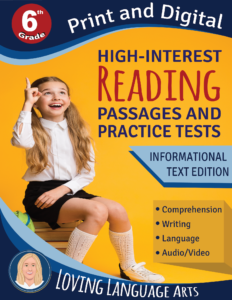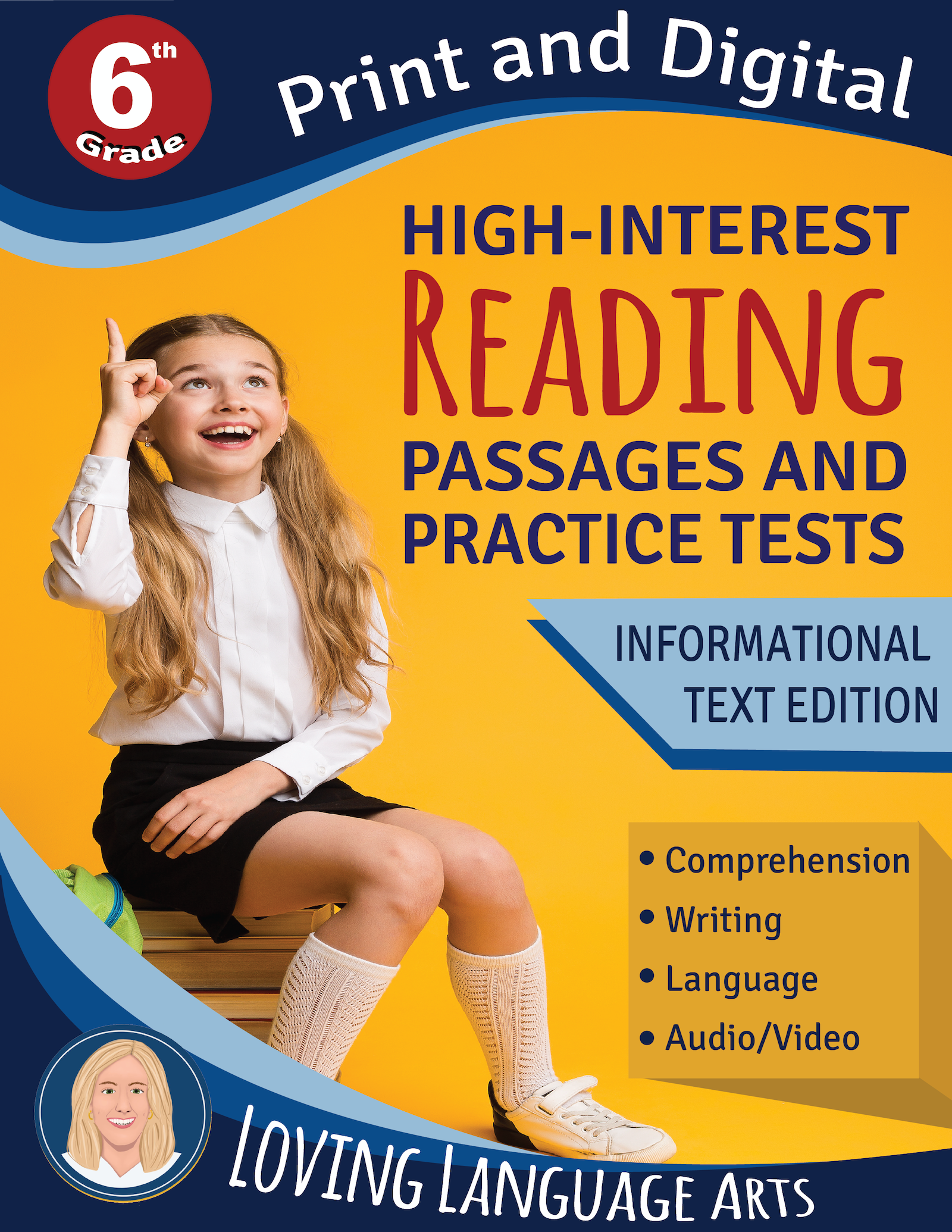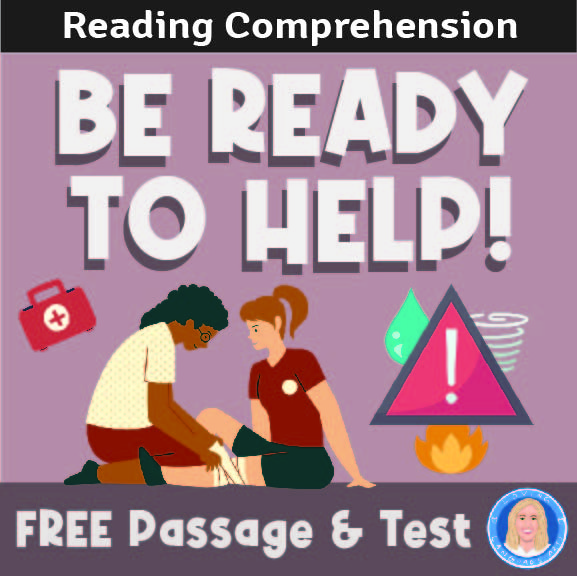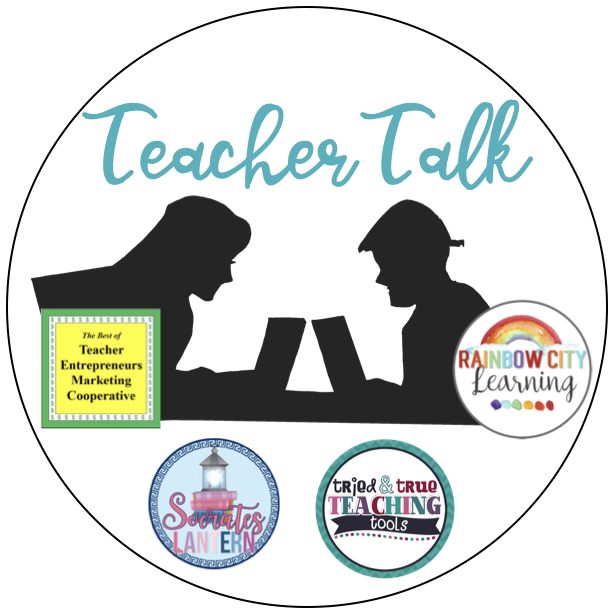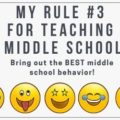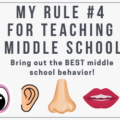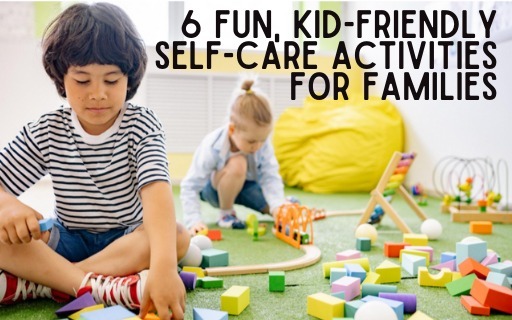
6 Fun, Kid-Friendly Self-Care Activities for Families
6 Fun, Kid-Friendly Self-Care Activities for Families
I am so excited to host my first guest blogger here at lovinglanguagearts.com. I am thrilled that a fellow like-minded, health-and-family-oriented blogger named Anya actually asked me to host her awesome post all about how families can (and should) indulge daily in self-care activities. Anya Willis is a mother of three and has been a yoga instructor for the past 12 years. She created FitKids.info to help parents find fitness alternatives to keep their kids moving.

Are you concerned that your children seem anxious or stressed? Stress can affect even young children, and with the many challenges that people of all ages have dealt with over the past few years, it’s no wonder that so many kids need more support. With resources from Loving Language Arts, you can help your children succeed academically. Additionally, here are several self-care tips to help them feel their best at home, too!
Create an Organized Schedule
Time management goes hand-in-hand with self-care. If your household feels chaotic, and your family lacks a structured routine, it’s time to implement a predictable schedule. This is especially important if you’re a parent who works from home, as this can make it easier to balance your professional responsibilities with your children’s needs. Put up a clear schedule in your kitchen or by your front door so that everyone can see it!
Become a ‘Self-Care’ Role Model
If you want your children to understand the importance of self-care, you need to model these habits for them. Remember, kids will often try to imitate the adults around them, so aim to set a good example! Spend time with your kids while doing relaxing activities, like reading a book, playing a board game, taking a walk around the neighborhood, hanging out on the front porch, or even napping! Help your children define their own “self-care.”
And don’t forget to spend a little time taking care of yourself as well. Once the kids have gone to bed for the night, don’t feel guilty about soaking in a bubble bath, relaxing on the couch with a good TV series, practicing yoga or meditation, or simply sitting down and having a great conversation with your partner.
Reduce Screen Time
As schools shifted to remote learning, there’s a high chance that your children spent more time looking at screens than ever before. You may be concerned about their screen time. If you want to help your children cut back on their screen time, Very Well Family recommends establishing “technology-free” zones in your house, where your family can enjoy screen-free activities.
Plan Outdoor Play Dates
With the rise of remote learning, you might also worry about how much your child is socializing offline. It’s important for young children to spend lots of time socializing with other kids so that they can learn good manners, figure out how to get along with others, and make their first friends!
To help your kids cut down on screen time and socialize again, you can plan some outdoor play dates with their classmates. Getting outside more often with friends can help your kids find some joy during difficult times, and exercising is also beneficial for their mental health.
Focus on Good Nutrition
Did you know that your child’s diet can actually affect their ability to focus and succeed in school? Eating a balanced diet can help your child concentrate during classes, remember what they’ve learned, and apply those skills to achieve better grades. Learning Lift Off states that children can benefit from starting the day with a breakfast that includes whole grains and proteins, eating lots of whole foods instead of processed foods, and choosing healthy snacks like fruits and veggies.
Age-Appropriate Meditation
Perhaps you’ve tried meditation before and felt like you benefited from the practice – but it might be hard to imagine your child sitting still to meditate! However, it might come as a surprise to hear that meditation is for kids, too. Of course, there are a few things you can do to make meditation feel more engaging for young children. If you’d like to encourage your kids to meditate, you can create a cozy “mindfulness space” in your home complete with meditation cushions, tell your kids a story to help them practice visualization, and even download a meditation app specifically designed for kids.
Just as adults need time to unwind and relax, self-care is essential for kids, too! These self-care tips are fun and engaging for younger and older kids! By taking time to de-stress as a family, you can help your children feel happier and healthier.
Looking for language arts resources your kids will love? Find the tools you need through Loving Language Arts! Browse our website today for ideas, freebies, and resources.
Photo via Pexels
CHECK OUT WRITING MODULES
I’m excited to introduce you to my new product line: “Writing Modules.” The writing modules are writing assessment test prep that get students to practice writing in all different genres. The writing is text evidence-based and comes with several sources for students to cite. This is no-prep and includes everything they (and you) need including rubric, scoring sheet, graphic organizer, and more.
Each Writing Module comes in two levels: Grades 4-6 and Grades 7-12.
How about save this pin to your “self-care ideas” or “activities for kids to unwind” board so that you can come back to this post later?
